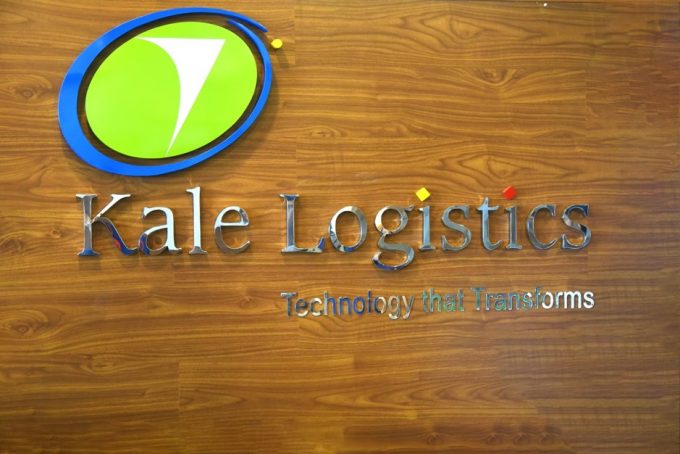Airports must take the lead for cargo community systems to work
Airports need to “bite the bullet” and take the lead in standardising cargo community systems ...

Mumbai-based Kale Logistics Solutions, which provides SaaS solutions for cargo management mostly at airfreight terminals, has snagged a fresh $30m funding round this week, as it aggressively targets a broader foothold across airports in the US and Europe.
The Series B round was led by Bengaluru-based private equity fund Creaegis Advisors and follows Kale raising $5m in a Series A round in 2020.
Kale, founded in 2009, already has its cargo community systems live at 36 airports in Europe and six in ...
Asia-USEC shippers to lose 42% capacity in a surge of blanked sailings
USTR fees will lead to 'complete destabilisation' of container shipping alliances
New USTR port fees threaten shipping and global supply chains, says Cosco
Outlook for container shipping 'more uncertain now than at the onset of Covid'
Transpac container service closures mount
DHL Express suspends non-de minimis B2C parcels to US consumers
Zim ordered to pay Samsung $3.7m for 'wrongful' D&D charges
Flexport lawsuit an 'undifferentiated mass of gibberish', claims Freightmate

Comment on this article